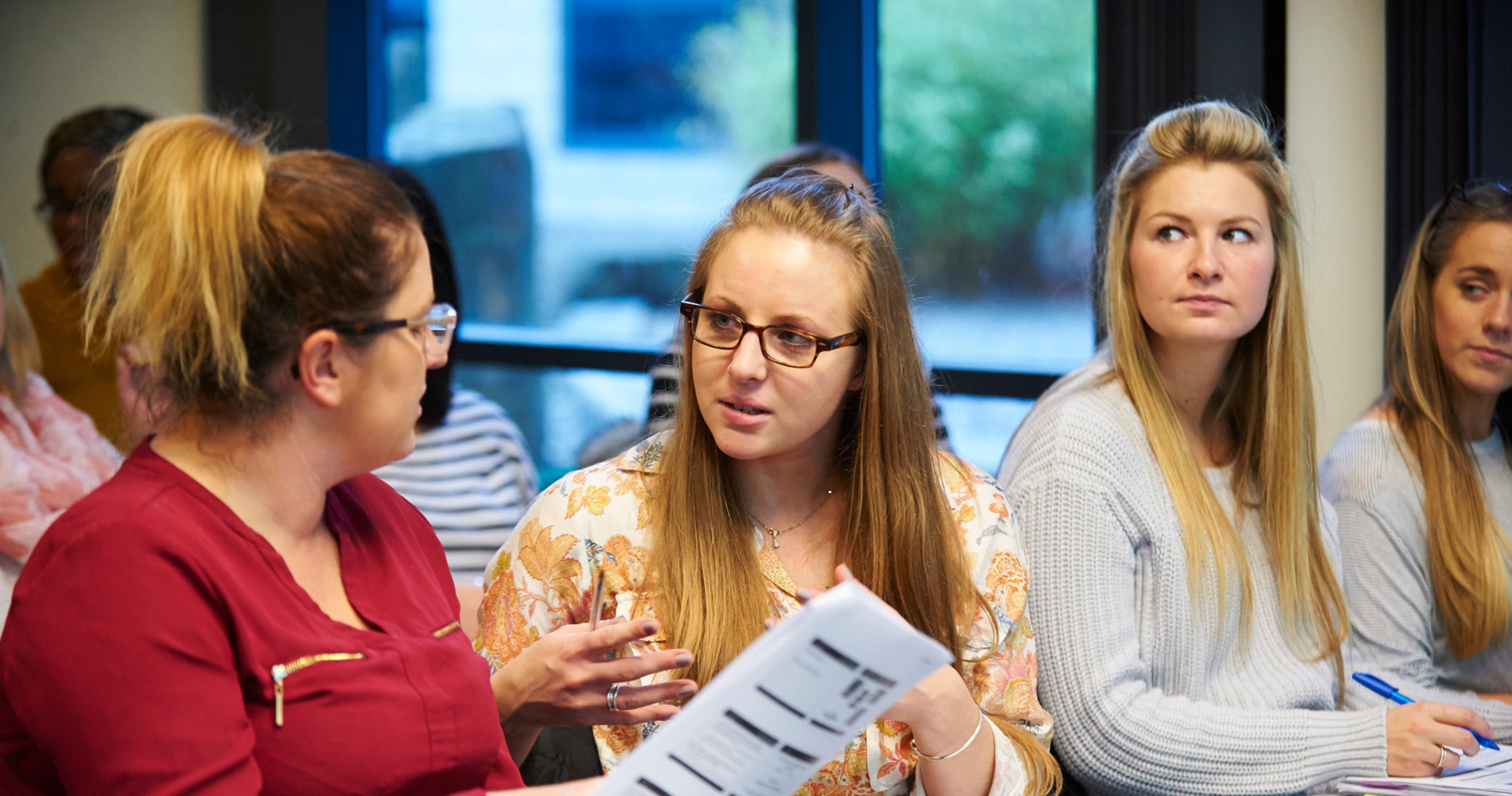Work with us to refine your knowledge and change the world. Our postgraduate programmes draw on research excellence and expertise covering all aspects of social and public policy.
Why study social and public policy at York?
Our courses will equip you with the skills to analyse policies, understand how they're developed and discover the role they play in people's lives. You will be part of a diverse student body in a friendly and intellectually stimulating environment, supported by academics with a wide range of interests. You'll gain an understanding of social research methods and social policy analysis.


.jpg)




